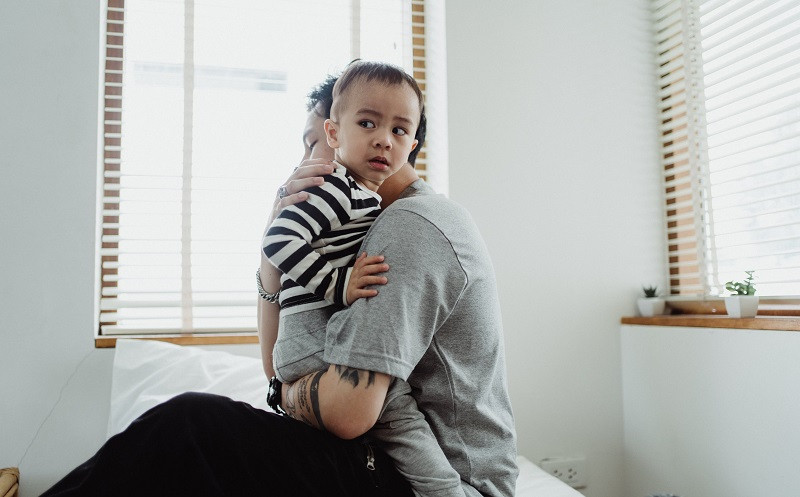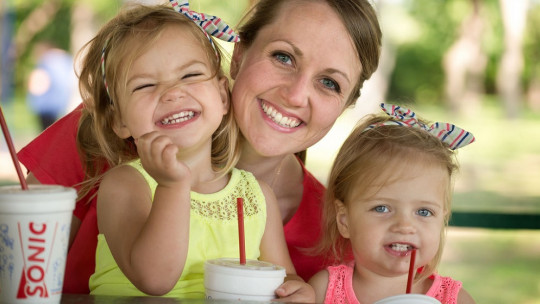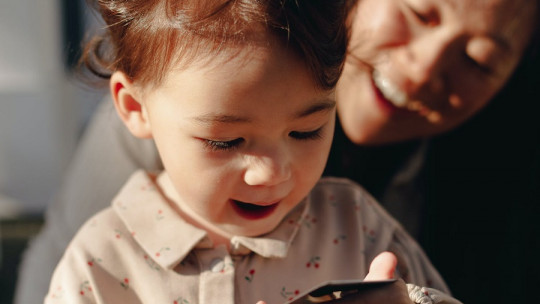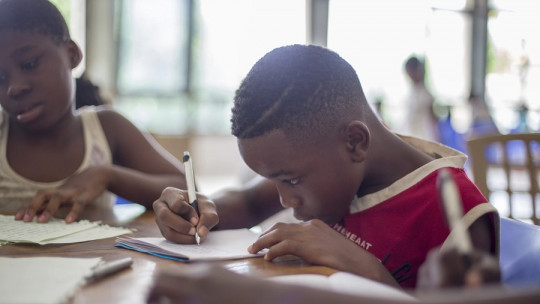
Since Diana Baumrind proposed her classification of the different educational styles Up to the present time, various investigations have been aimed at reviewing and updating the knowledge available in this area of psychology.
Most of the different theoretical models proposed have valued as determining factors in the distinction of educational styles variables such as: the level of control, power exercised, the degree of affection, the level of maturity demanded, the support and care expressed or also the type of communication between parents and minors.
Initially, the classification proposed by Baumrind (1966) differentiated three classes of educational styles: authoritarian, permissive and democratic. Later, McCoby and Martin (1983) combined the factors of control and affective involvement in their research to give rise to four categories: reciprocal, repressive, indulgent and negligent. In the nineties other authors such as López Franco (1998) or Torres et al. (1994) have developed models that, in essence, maintain many of the elements of previous theories.
The family as the main socializing agent
On the other hand, there can be no doubt that the family is the main socializing agent of the infant in the first years of life.
Thus, parental figures exert an enormous influence on children by transmit to them both the set of beliefs and moral values as well as the behaviors and actions that they consider most appropriate for the maturational development of their progeny.

The PEE proposal: educational styles and associated psychological effects
The studies conclude that There are significant differences in the psychological configuration and personal development of the infant depending on the educational style and the socialization strategies that parents tend to apply with their children at a pedagogical level.
Specifically, Magaz and Pérez developed a useful psychometric test in 2011 to evaluate the educational style of parents, the PEE (Profile of Educational Styles) which reflects some examples of parental beliefs and behaviors related to four types of profiles: overprotective, inhibitionist, punitive and assertive.
These are some of these approaches that are ineffective and/or harmful, when considering the emotional and behavioral consequences that arise from them in the formation of the personality of children.
1. Overprotective educational style
According to the authors, these types of beliefs correspond to a parenting style called overprotective, since It is based on values of hyper-responsibility and high levels of guilt on the part of parents in the face of potential adversities that the child may suffer. Thus, the possibility of him/her learning to fend for himself autonomously and taking active responsibility for his/her own behavior is inhibited.
This excessive parental worry and nervousness can cause the child to take initiatives and develop a low level of self-concept, since they have not had the opportunity to practice self-care or social interaction skills, as well as can generate a high level of insecurity. staff.
2. Inhibitionist educational style
- “If I solve his problems, he will never learn to deal with them on his own.”
These types of ideas are typical of an inhibitionist education, since in the completely opposite pole to the previous one, there is a high level of blamelessness and an almost zero level of responsibility is exercised by the parents. These types of parents feel upset or nervous when the child asks for help and are calm only when the child acts independently and autonomously, since they tend to confuse the concept of help with that of dependency. On the other hand, this type of parents usually pay very little attention or recognition to the appropriately “normalized” behavior of the minor while at the same time they randomly punish inappropriate behavior, without a coherent or consistent criterion.
The consequences of practicing this type of parenting can be negative for the offspring, causing the continuous search for support in other authority figures, as well as the tendency to generally develop disinterest and carelessness in dealing with matters that concern one. Deficits in social skills may also be observed, specifically in the ability to empathize with others.
3. Punitive educational style
- “My son has to learn to behave appropriately.”
This style corresponds to a punitive education, which is based on values such as demand, intolerance of alternative points of view and misunderstanding. Parental reactions are usually explosive fury when the child disobeys instructions and lack of recognition of appropriate “normative” behaviors.
On the other hand, these types of parents behave critically and They tend to focus on their children’s mistakes or imperfections, exclusively valuing outstanding actions. Thus, they issue frequent and disproportionate random punishments and prior threats. They also tend to attribute the qualities of specific behavior to the person, in a way that stigmatizes and generalizes negative characteristics of children.
The effect that this educational dynamic has on the child is the development of a high level of ungratefulness and normalization of criticism, high levels of anxiety and personal insecurity, while a level of negative self-concept may appear. A feeling of resentment towards the educator is normalized and decision-making tends to be based on criteria of failure or punishment instead of orientation towards success.
- You may be interested: “What is anxiety: how to recognize it and what to do”
4. The assertive educational style
- “It is important that you learn to behave appropriately and acquire personal habits and skills.”
- “You will learn little by little as you practice and make your own mistakes.”
- “It is reasonable that your tastes, desires and needs may differ from those presented by the people around you.”
These approaches are typical of an assertive educational style. In this case, Parenting is based on values such as patience, tolerance, understanding and responsibility balanced with freedom
Thus, parents understand that errors and inappropriate behaviors are understood as natural in the process of learning and personal maturation, although on the other hand they apply consequences to said behaviors in order to promote the value of the child’s responsibility.
On the other hand, attention is paid to progress and achievement or appropriate behavior is recognized as something positive, and the expression of one’s tastes and opinions is also valued.
Unlike the previous one, Parents do not usually attribute the qualities of the behavior to the person, so they do not generalize or label the child negatively.
This style entails in the child the development of healthier consequences derived from the recognition and positive reinforcement obtained from their parents. This causes a higher level of consolidation of learning at a personal and social level, as well as the promotion of a favorable level of self-concept, greater personal security and a more positive degree of motivation to achieve individual goals.
Besides, Children raised in this way usually learn to tolerate criticism appropriately and to base active decision-making on more rational issues, such as the consequences that these may cause.








